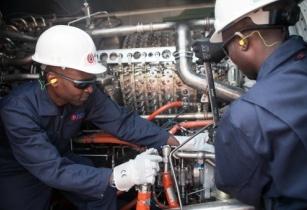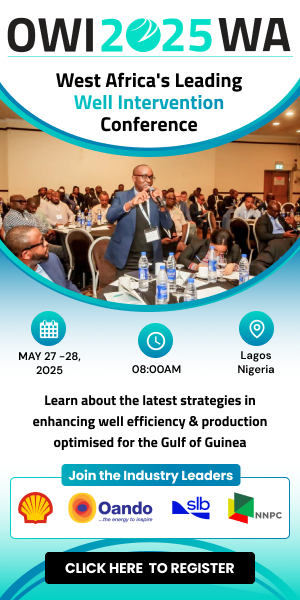Page 1 of 2With the recent announcement of an ambitious power project to connect Cape Town and Cairo within the next three years, the opportunities for reliable cross-border electricity generation are once again in the spotlight
Mark Makanda of global fast-track power provider APR Energy says that cross-border power deals have the potential to exponentially accelerate GDP growth for the whole of the African continent, adding that mobile fast-track power should play a significant part in making this a reality.
“The correlation between electricity supply and economic growth is irrefutable, and the fact remains that no government adequately grows its GDP if power distribution reaches less than half of its population,” Makanda says.
A report published by McKinsey and Company, Powering Africa, notes this is exactly the situation that the vast majority of African countries are facing. According to the report, only seven countries on the continent have electricity access rates exceeding 50 per cent. The report also indicates that countries with electrification rates of less than 80 per cent of the population consistently suffer from reduced GDP per capita.
“The only countries that have electrification rates of less than 80 per cent of GDP per capita greater than US$3,500 are those with significant wealth in natural resources, such as Angola, Botswana, and Gabon. But even they fall well short of economic prosperity,” the report states.
Makanda notes that a major issue in sub-Saharan Africa, even in booming economies like Nigeria and Kenya, is the fact that electricity distribution is confined to major urban centres. “It is estimated that there are over 625 mn people in sub-Saharan Africa living outside of these main distribution grids. Generation capacity is certainly one of the foremost challenges in most countries. The cost of installation, as well as the time frames involved are major barriers to expanding a country’s energy footprint – thereby stifling economic growth.”





















